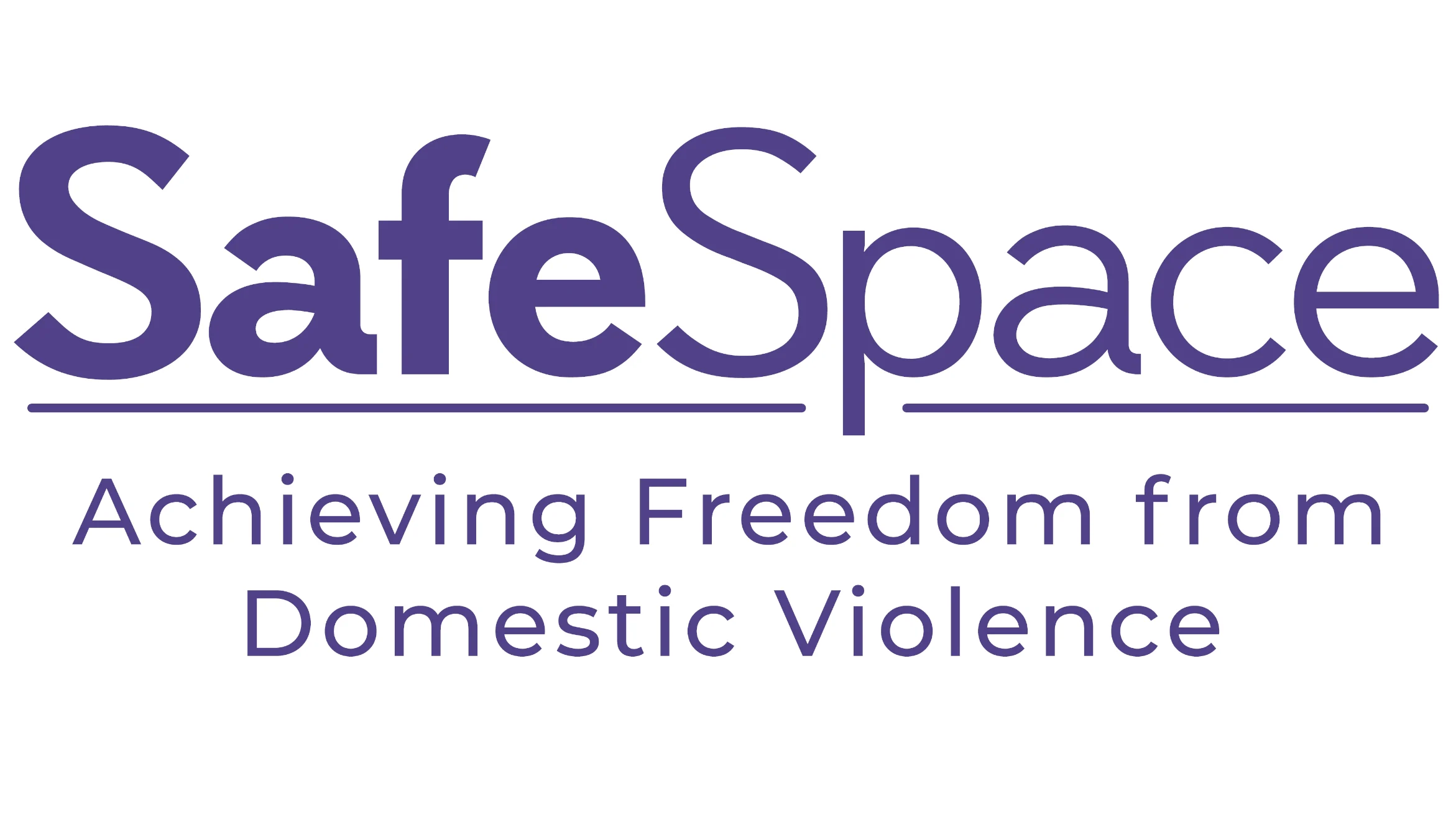All SafeSpace programs and services are free of charge.
OVERVIEW
INTERVENTION SERVICES
24-Hour Hotline
The SafeSpace Crisis Hotline is available 24 hours a day, 365 days a year to all survivors seeking support services. Professionally trained staff members assess the caller’s safety, and provides crisis counseling, support, information, referrals, and a lethality assessment. This assessment includes evaluating the caller’s immediate safety, need for medical attention, development of safety and escape plans, determining the need for law enforcement assistance, as well as eligibility for Shelter and/or Outreach services.
Emergency Shelter
SafeSpace provides Emergency Shelter for survivors of intimate partner domestic violence and their children from Indian River, Martin, and St. Lucie counties 24 hours a day, 7 days a week. It is a safe haven providing food, clothing and counseling. Shelter programs include crisis intervention, education, support and advocacy. Individuals experiencing domestic violence enter our shelter by calling our hotline, referral from law enforcement, the Emergency Room, or other allied professionals.
The steps we take:
- SafeSpace helps survivors in the acute stage of abuse by bringing them to the secure and confidential shelter.
- SafeSpace promptly assesses their immediate needs and helps to meet these needs, which include safety from the batterer, medical attention, rest, food, clothing, injunctions for protection, emotional support, safety planning, counseling and legal advocacy.
- After the acute phase, SafeSpace advocates work with survivors to obtain employment, childcare, legal services and safe housing. Clients who do not enter the shelter are offered all of the same services.
- SafeSpace helps survivors to develop personal safety plans, learn how to escape the abusive partner, relocate, and utilize support groups.
- Educational sessions are conducted to improve survivors’ perceptions of their personal value and availability of their life options.
- Children’s advocates provide direct services to children and their special needs and also provide Parenting Skills Education.
- Legal advocacy assistance provides information and support in regards to the legal system. This entails escorting survivors to the courthouse and being there while the survivors fill out the injunction paper work. The advocate provides emotional support when they appear in front of the judge and informs them of the services of the State Attorney’s office and Victim’s Compensation.

